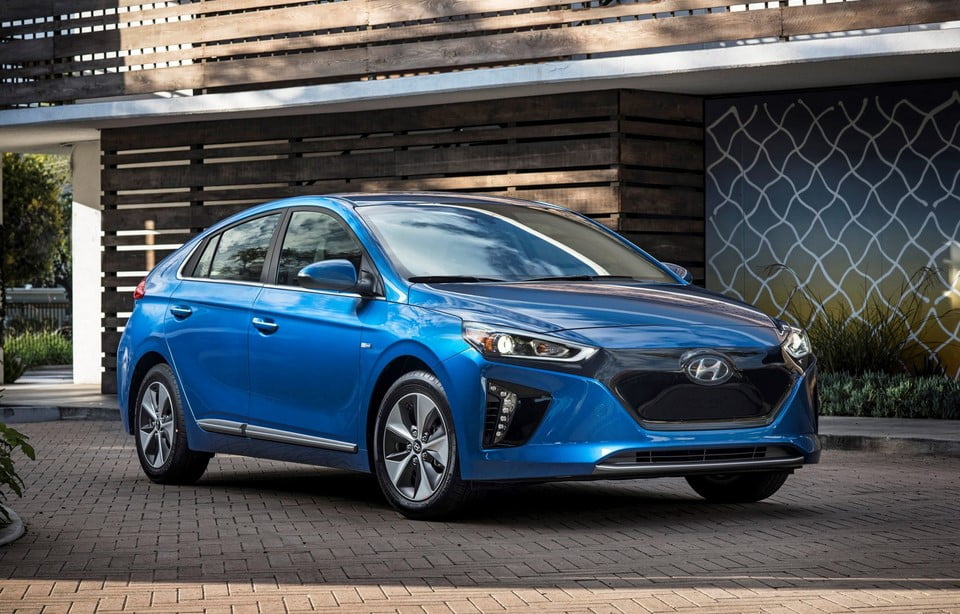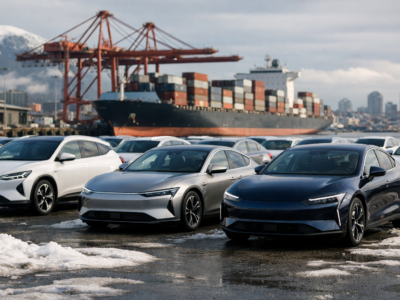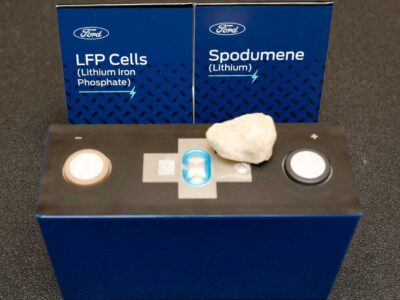
Hyundai is conducting a recall of 2,679 Hyundai Ioniq Electric vehicles from the model years 2017-2019 to address a potential issue of unintended acceleration. An unstable ground connection could cause the affected vehicles to enter a fail-safe mode that, in certain situations, may lead to acceleration after releasing the accelerator pedal, according to the National Highway Traffic Safety Administration (NHTSA) recall notice.
Hyundai first became aware of the issue from media reports of alleged unintended acceleration in the Korean market. Hyundai informed the NHTSA that it is not aware of any accidents or injuries related to this problem.
Dealers will update the vehicle software and repair the ground wiring free of charge. Owners will be notified by mail about when to bring their cars to dealerships for this work. Notification letters are expected to be mailed starting from February 4, 2022, according to the recall notice.
It’s worth noting that other brands have faced similar issues in the past. Toyota, for instance, dealt with numerous cases of unintended acceleration a decade ago, potentially affecting the Prius and other models. The problem was attributed to sticky accelerator pedals, potential mat interference, and driver confusion about pedal locations. Tesla also faced accusations of unintended acceleration in 2020, which they claimed were false allegations filed by competitors.
The most significant issue Hyundai has faced with its electric vehicles to date was related to battery packs in some Kona electric SUVs. This affected nearly 4,700 U.S. vehicles, and the remedy involved replacing the entire battery pack.
It’s essential to note that the Ioniq Electric is not related to the Hyundai Ioniq 5 2022, which is built on a completely new platform.
The Ioniq Electric received a significant range boost for 2020 but was discontinued before the end of 2021 to avoid confusion with the Ioniq 5 and Ioniq sub-brand, which will also encompass the Ioniq 6 and Ioniq 7 models.







